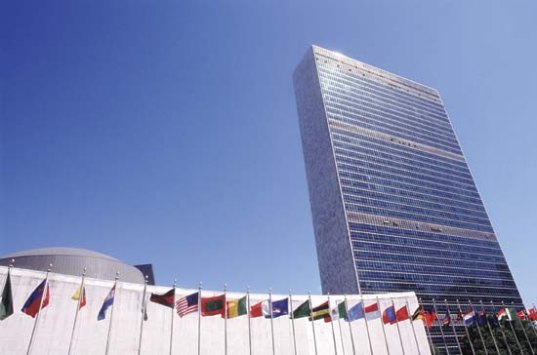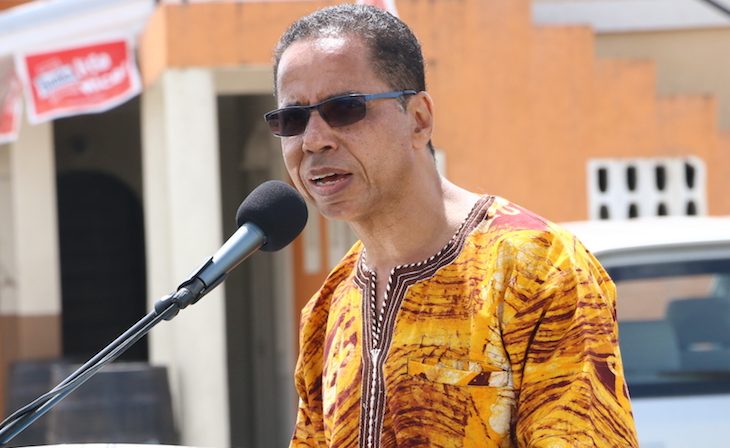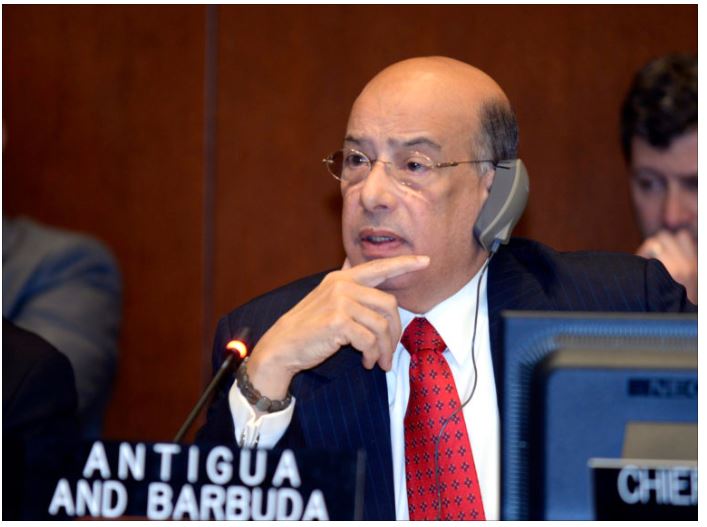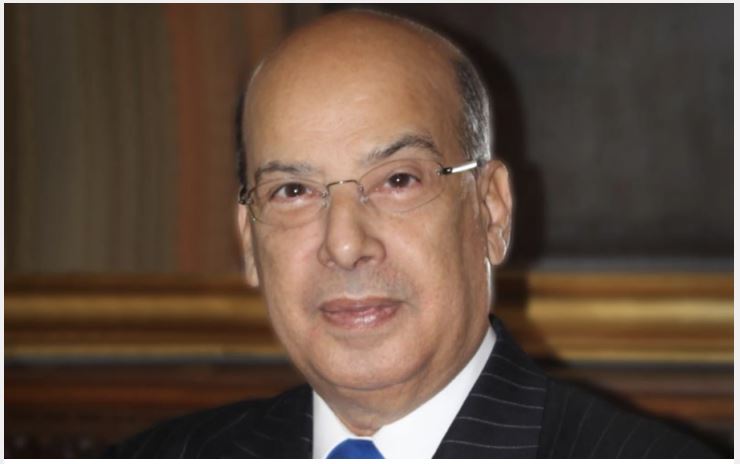By Rebecca Theodore
Armored with a theme of focusing on people, striving for peace and a decent life for all on a sustainable planet, the 72nd regular session of the United Nations General Assembly convenes at the United Nations Headquarters in New York.
More and more, the United Nations rhetoric of maintaining international peace, advancing co-operation in solving economic, social and humanitarian problems and promoting social progress and better standards of life in larger freedoms can’t be ignored.
Yet, even as UNGA72 president Miroslav LajCak, states that “the overarching priorities of his tenure will include making a difference in the lives of ordinary people, prevention and mediation for sustaining peace, migration, political momentum of the sustainable development goals and climate, human rights and equality including equal opportunities for genders and quality of events organized by the presidency:” the task of translating developments into concrete changes in the lives of people globally still lags in the distance.
And there are many neglected lines in the United Nations of the 21st century.
Despite a comprehensive agenda on education, environmental conventions, social development and its summary on trade, gender and human development; populism, sectarianism and separatism are instilling thoughts of of a bitter, divided, and dangerous precedent in the UN of the 21st century.
For one, if populist arguments are now the new discourse for global problems in the echelons of international politics and the ruling body of the United Nations, then, it is impossible for the UN of the 21st century to make representative democracy more transparent, participatory and responsive. Civil society must be informed in the decision making process if the United Nation is to be taken seriously.
And for this, the ambitious and “universal call to action to end poverty, protect the planet and ensure that people live in peace and prosperity” as represented by the 17 Sustainable development goals must be thoroughly understood by all.
Following this, the power dynamics that fail to include women in the Secretary General selection process at the United Nations, the threats to peace and transnational terrorism and the emergence of ISIS, the Syrian and global refugee/ crisis, the challenges of climate change, the violation and abuse of children, the militarization of schools and children in conflict and reform of the security council need special mention.
Compounded to this is the assault of international law, migrant security in the age of Trump and the dialectics of nationalism. The current volatile racial situation in the United States gives rise to new forms of racial discrimination , xenophobia , fascism and Nazism. Not only do these problems add to the political, economic and social complexities facing the UN of the 21st century, but it also forges a new consciousness and a central platform for fostering debate and innovative thinking on the merit of an open world of democracy and the universality of human rights and personal autonomy enshrined in the UN charter and the threat of human rights globally.
It follows, that if the advancement of the three dimensions of sustainable development are economic, social and environmental, then, there must be provisions for government, non governmental organizations (NGO’s) civil society and researchers to work together for a sustainable and poverty free world by 2030. Although it is the responsibility of all states to protect their population from war crimes, crimes against humanity, ethnic cleansing and genocide, the pervasive inequalities between communities, nations and regions and relevant dialogues on climate change, rapid population increase and urbanization, weapons of mass destruction and dealing with terrorist organization like al Qaeda and the Islamic state that operate outside the laws of culture and morality of nations must also be addressed in the UN of the 21st century.
Moreover, the globalization of markets cannot continue to create opportunities for fly by night billionaires to thrive while the less advantaged die in poverty. While technological progress is the watchword of humanity, technological changes and the assault of globalization continues to decay the capacity of states to control their citizens and unemployment and under- representation of women and children globally continue to breed challenges to peace and development.
On this note, basic social services such as health care and education are essential to the well being of all humanity. UN facts and figure shows that enrollment in primary education in developing countries has reached 91 percent but 57 million children remain out of school and that more than half of children who have not enrolled in school lives in sub Saharan Africa. This means that while the UN’s document on education for sustainable development (ESD), provides an overview on sustainable development goal 4 that includes quality education for all, the United Nations sustainable development goals is not meeting the needs of the worlds most vulnerable children, refugees, misplaced children and the chattel people of the world.
More significantly, 103 million youth worldwide lack basic literary skills and more than 60 percent of them are women. Hence, the UN Educational Scientific and Cultural Organization (UNESCO) must be more fully integrated into the curricula of the UN of the 21st century.
In essence, the stresses of the UN of the 21st century are many but “no agenda for peace can be complete without an agenda for development.”
 Rebecca Theodore is a syndicated columnist based in New York. She writes on the platform of national security, politics and climate change. Follow her on twitter @rebethd
Rebecca Theodore is a syndicated columnist based in New York. She writes on the platform of national security, politics and climate change. Follow her on twitter @rebethd




